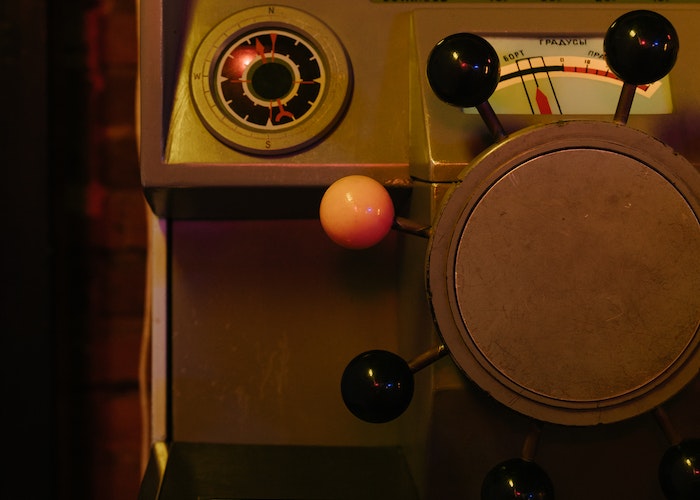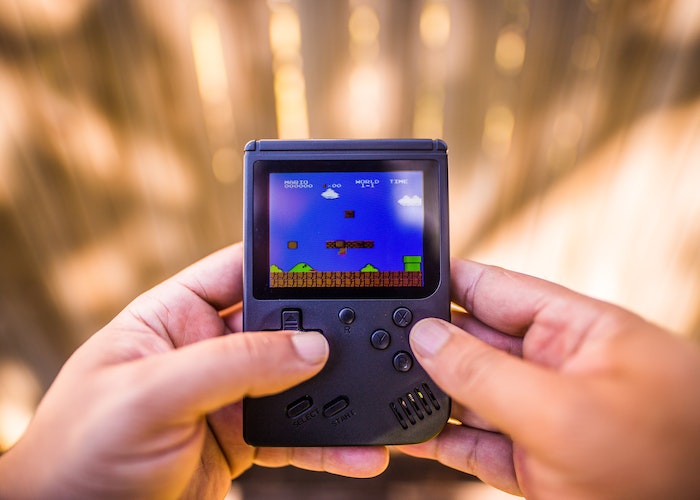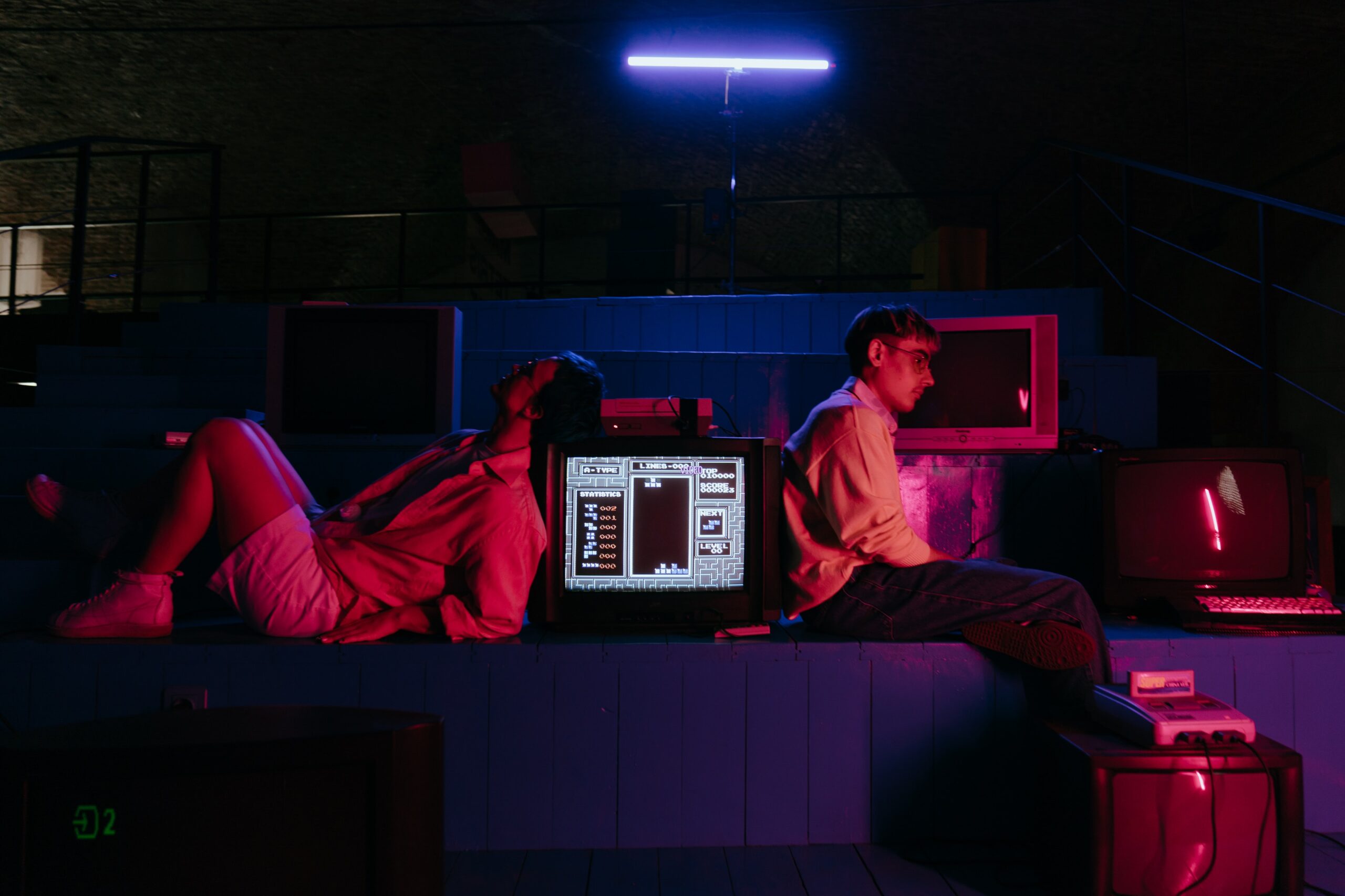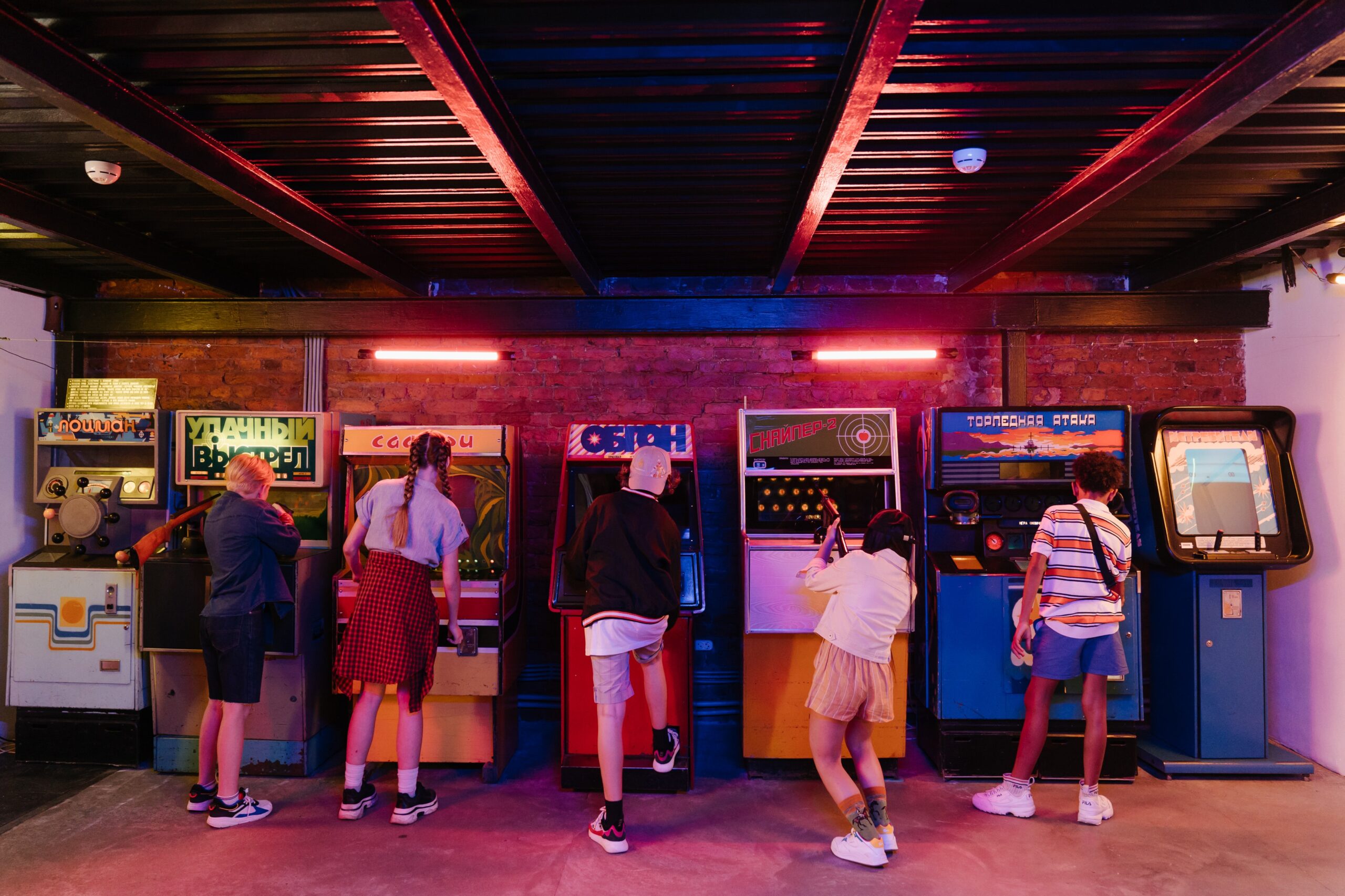Retro gaming has experienced a resurgence in popularity in recent years, and many gamers are starting or expanding their collections of classic games. Building a retro game collection can be a fun and rewarding hobby, but it can also be overwhelming for beginners. In this guide, we’ll provide some tips for starting and building your retro game collection.
Hints for starting and building your retro game collection are here
1. Attend Gaming Conventions and Swap Meets
Gaming conventions and swap meets are treasure troves for retro game collectors. These events bring together enthusiasts, sellers, and collectors from all over, providing a fantastic opportunity to expand your collection. You’ll find a wide variety of games, accessories, and consoles, and may even stumble upon rare items that are difficult to find elsewhere.
2. Define Your Focus

Before diving into the vast world of retro games, it’s crucial to define your collecting focus. With numerous consoles and game titles to choose from, having a specific theme or console preference will help guide your collection. Consider factors such as personal nostalgia, console popularity, or specific genres that interest you the most.
3. Determine Your Budget
The first step in starting a retro game collection is to set a budget. Retro games can range in price from a few dollars to several thousand dollars, so it’s important to determine how much you can afford to spend. Consider setting a monthly or yearly budget for your collection to avoid overspending.
4. Decide Which Console(s) to Collect For
There are many retro consoles to choose from, including the NES, SNES, Atari 2600, and more. Decide which console(s) you want to collect for and focus your efforts on those systems. This will help you narrow down your search and avoid feeling overwhelmed by the sheer number of games available.
5. Research Games Before You Buy

Before purchasing any retro games, do some research to determine which ones are worth adding to your collection. Look up reviews, gameplay footage, and prices for the games you’re interested in. This will help you make informed decisions and avoid wasting money on games that aren’t worth it.
6. Consider Game Preservation and Maintenance
Preserving the condition of your retro games is crucial for maintaining their value and playability. Store your games in protective cases or sleeves to safeguard against dust, moisture, and physical damage. Regularly clean your cartridges and CDs using appropriate methods, and avoid exposure to extreme temperatures or direct sunlight. Proper storage and maintenance ensure the longevity of your collection.
7. Consider the Condition of Games
The condition of a game can significantly impact its value. Look for games that are in good condition, with little to no damage to the label or cartridge. Collectors often prefer games that are in their original packaging or have a box and manual.
8. Attend Gaming Conventions and Swap Meets

Gaming conventions and swap meets are great places to find retro games and meet other collectors. These events often have vendors selling games at competitive prices, and you may be able to find rare games that are difficult to find elsewhere.
9. Use Online Marketplaces
Online marketplaces, such as eBay and Amazon, are also great resources for finding retro games. However, be wary of sellers who are offering games at unusually low prices or who have a low rating. It’s important to buy from reputable sellers to avoid scams or receiving counterfeit games.
Connect with Other Collectors
Connecting with other retro game collectors can be a great way to learn more about the hobby and find new games to add to your collection. Consider joining online forums or social media groups dedicated to retro gaming. You may even be able to trade or purchase games from other collectors.
Conclusion
In conclusion, starting and building a retro game collection can be a fun and rewarding hobby. Starting and building a retro game collection is a journey that requires dedication, research, and a love for gaming nostalgia. By defining your focus, conducting thorough research, and utilizing various avenues for finding games, you can curate a collection that brings joy and nostalgia for years to come. Remember to set a budget, preserve your games, and connect with fellow collectors to enhance your experience as a retro game enthusiast. By following these tips, you can start your collection off on the right foot and enjoy the process of hunting down new and rare games.



